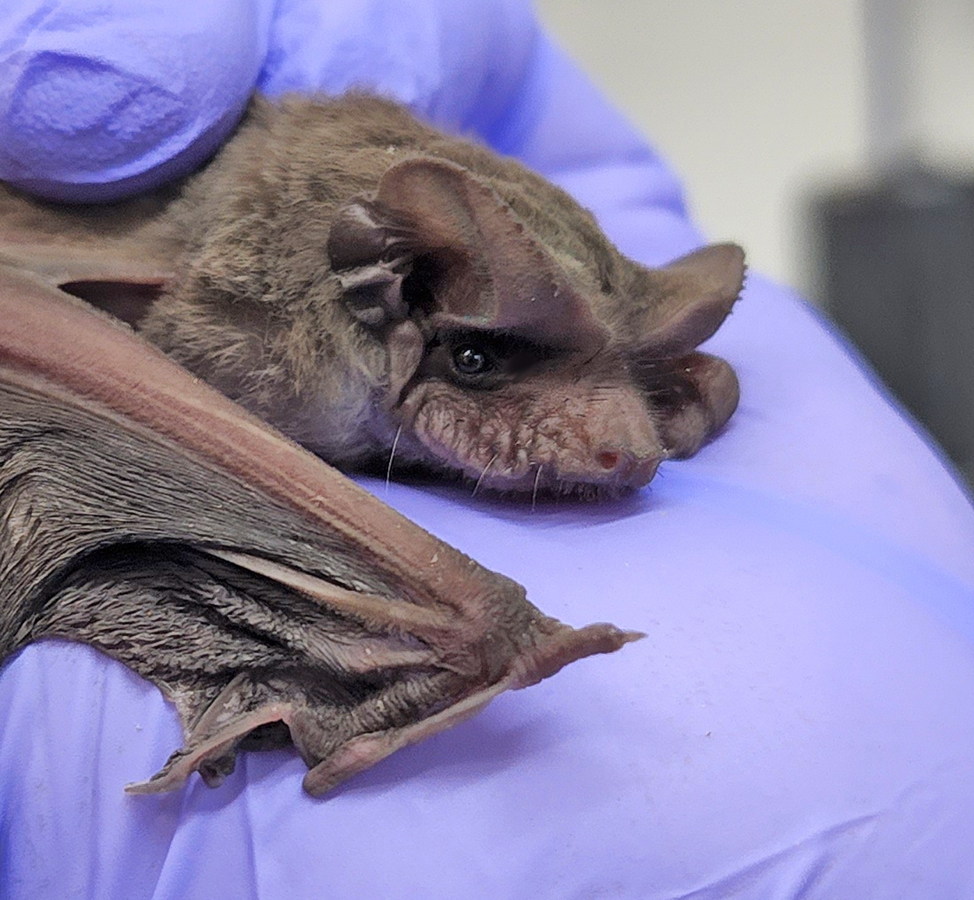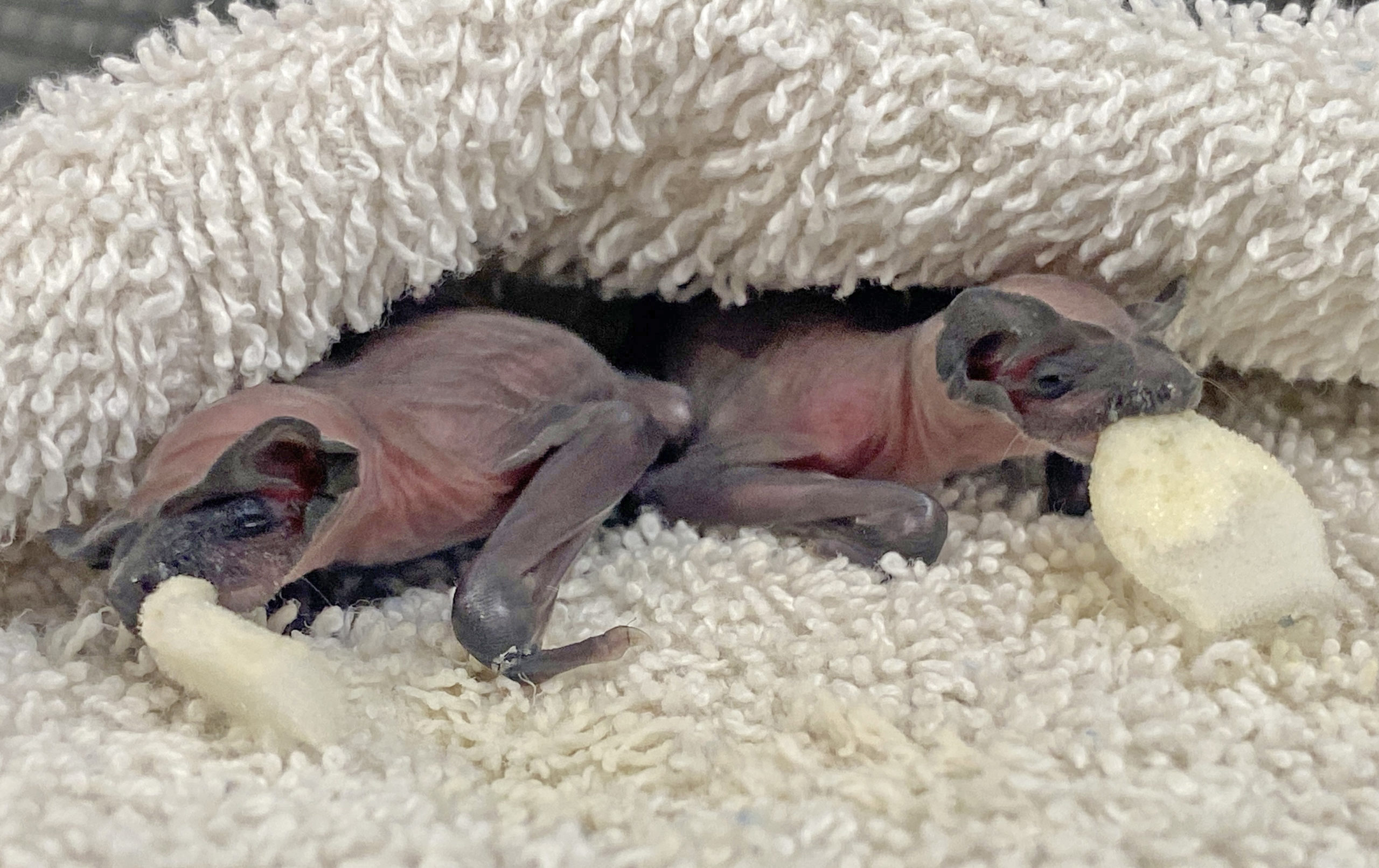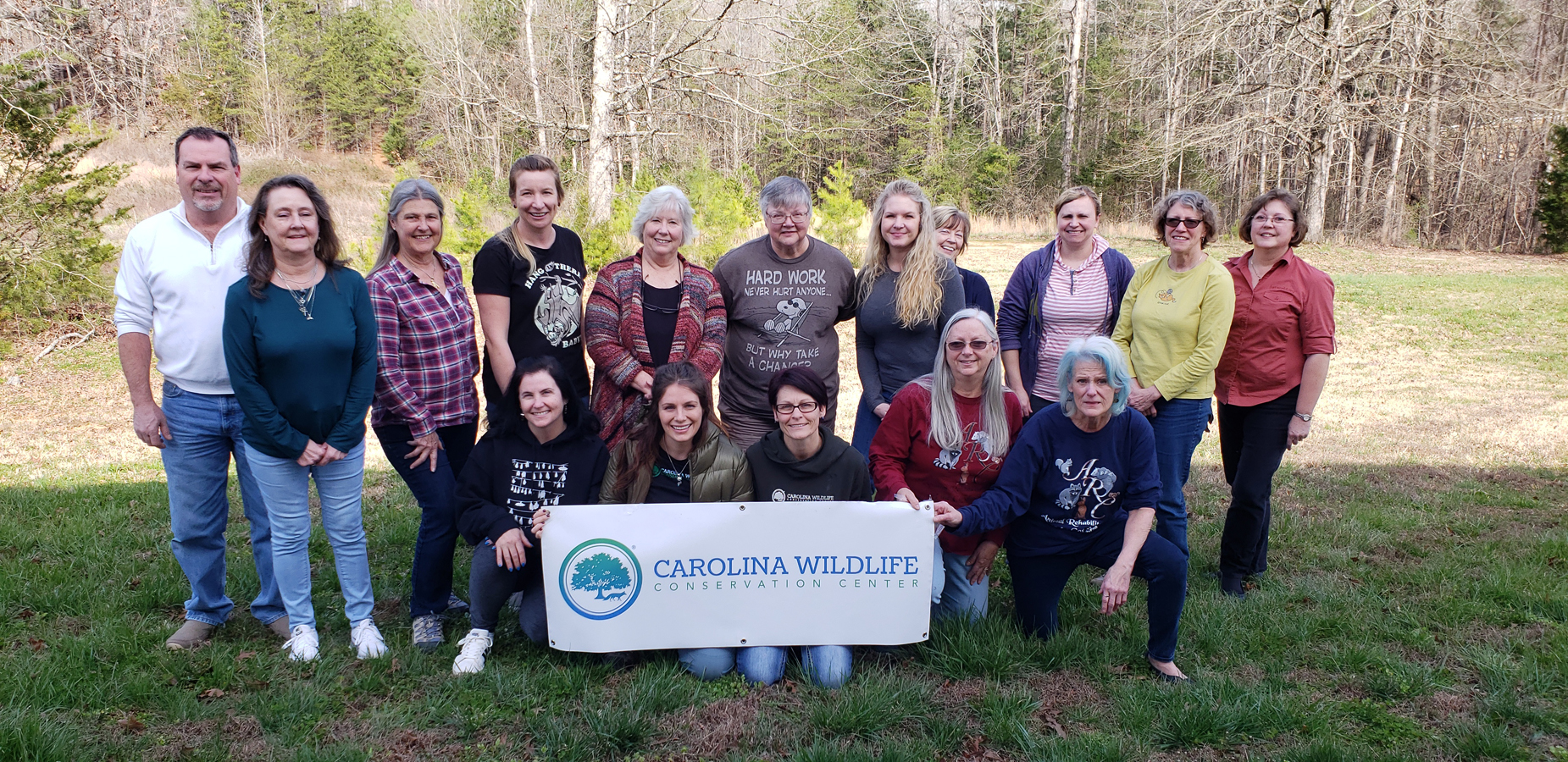Since 2011, the Michigan Department of Natural Resources (DNR) has upheld a total ban on the rescue and rehabilitation of both bats and skunks. Despite the agency claiming to be “on the leading edge of bat conservation and research…” (Bill Scullon, DNR Wildlife Division field operations supervisor) the DNR continues to deny wildlife rehabilitators the right to save the lives of a species severely in decline. As of 2018, surveys of hibernacula in Michigan indicated an 83 percent decline in bats at those survey sites (Dr. Allen Kurta of Eastern Michigan University.) Leading contributors to the diminishing populations include White Nose Syndrome (WNS), first confirmed in the state of Michigan in 2014, as well as habitat disruption and loss. Currently, five of Michigan’s nine bat species are considered of special concern, threatened or endangered. With a keystone species at risk, the work of wildlife rehabilitators cannot be understated, both in saving lives as well as educating and protecting the public.
Please help us bring this issue to the attention of Michigan lawmakers by sending a letter!
The current rehabilitation restrictions leave two (legal) options for Michigan citizens: turn the bat over to a wildlife rehabilitator, animal control officer, or a game warden for euthanasia, or leave the bat where it was found. As those who follow bat rehabilitation efforts are well aware, a grounded bat is a bat in need. Bats can be grounded for a variety of reasons, the most common being injury, dehydration, and young age. Bat pups are unable to fly for quite some time, which leaves them particularly vulnerable. Disease is often the first thing presumed when a bat is found grounded, yet is realistically one of the least likely reasons wildlife rehabilitators see bats come into care. Despite this, caution must always be taken and disease, namely rabies, should always be a consideration when dealing with a rabies vector species (RVS). Across the United States, wildlife rehabilitators permitted to care for RVS are vaccinated and trained, and they play a vital role in removing RVS from the care of the well meaning public. In states like Michigan, the public is left without the valuable resource of wildlife rehabilitation for RVS. The Michigan DNR website has this recommendation for those who find a grounded bat:
“For your safety, if you find a bat outside that appears to be sick, injured, or a baby, leave it alone and keep children and domestic animals away from it. The bat will likely leave on its own.” -michigan.gov

The entire DNR stance a question of ethics, parts of it are blatantly false. The statement “The bat will likely leave on its own” is wholly untrue, as a truly sick, injured, or young bat is incapable of flying away on its own. Predator activity is always possible, but a danger is inherently posed when leaving a stranded RVS animal, particularly when in a public area that can be accessed by children and domestic pets.
The Michigan DNR fails to account for human nature. While certainly not all; many, many people find themselves in a moral predicament when faced with the reality of leaving an animal to die. Unwilling to do so, they reach out to local wildlife rehabilitators, or organizations like ours, desperately seeking help. As a single wildlife organization amongst hundreds, we handle dozens and dozens of calls every year from Michigan residents seeking answers. The hands of Michigan rehabilitators are tied by the DNR and euthanasia is all they can legally offer, but this doesn’t sit well with most people, whose responses range from complete disbelief to outright anger. While this may be outside of a government agency’s understanding, people form connections with the wildlife they save, and it’s through these connections that wildlife rehabilitators are capable of educating the public to a more personal degree. When a member of the public hears that the animal they’ve saved is destined for death, it isn’t uncommon for that person to refuse to hand the animal over, and instead attempt to care for the animal themselves. This poses an entirely new level of danger, where unvaccinated and untrained individuals are dealing with native wildlife that could instead be safely in the hands of trained RVS rescuers.

The data from which the DNR draws their conclusions to justify the outlawing of RVS rehabilitation is minimal and fragmented. Each region is responsible for keeping track of Post Exposure Prophylaxis (the vaccine course administered after exposure to a RVS, otherwise known as PEP) statistics and this information is seldom shared between each region. In addition, no standards exist for reporting PEP data across the US. The majority of states are not required to report this data at all. Considering the minute amount of information available regarding positive rabies cases and PEP, it is worrisome that laws which affect public health are being put in place with such little data. With limited comparisons available, we cannot be certain if the rehabilitation ban is actually resulting in fewer rabies exposure cases, or possibly having the opposite effect as members of the public attempt to take RVS care into their own hands. When questioned about the current restrictions, The Michigan DNR issues the following statement:
“In 2012 and again in 2022, the Michigan Department of Natural Resources and Department of Health and Human Services issued a joint statement that rehabilitation of rabies vector species would pose a significant and unnecessary risk to human health. Rabies is a fatal disease and pre-exposure vaccination is relatively uncommon and expensive. Bats and skunks have an increased likelihood of being infected with rabies in Michigan and direct contact with these species creates opportunities for human infection, which is a serious public health concern. The question has come up as to whether wildlife rehabilitation of bats could help declining bat populations that are suffering from White Nose Syndrome (WNS). Our response is that the rehabilitation of a small number of bats is not going to halt or reverse the population level impacts of WNS on bats and it is not worth the risk to human health.”
The state does not trust Michigan wildlife rehabilitators to follow the same protocol of countless other RVS rescuers across the United States. With the pre-exposure rabies vaccination becoming increasingly common, often being found at every day pharmacies like Walgreens, and the CDC having recently lowered the number of vaccinations required, the pre-exposure rabies series is easier than ever to obtain. While the cost of the 2 shot series still hovers around $850, that is something that wildlife rehabilitators fund themselves and should be of no concern to the state. RVS rehabilitators in other states are required to have the pre-exposure vaccination, as well as additional permits, and this is something that has been successful many times over. Thanks to the hard work of resident rehabilitators, North Carolina is the most recent state to lift a similar RVS ban, having done so in 2020. With fewer and fewer states having limitations on RVS rehabilitation, and many government agencies beginning to see the value that rehabilitators bring, we sincerely hope Michigan follows suit and reconsiders their current restrictions.
Please help us bring this issue to the attention of Michigan lawmakers by sending a letter!

Learn more about this cause: hear from Michigan wildlife rehabilitators and biologists on the Stateside radio show.

